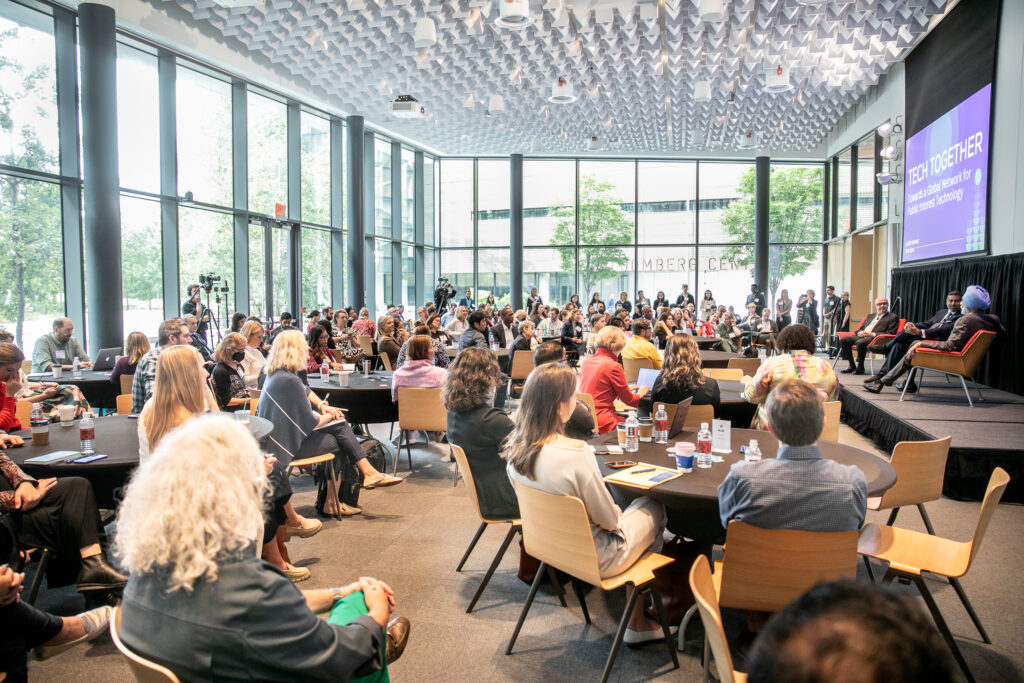
At Siegel, we envision a new generation of people, policies, and companies committed to values-driven, responsible technology in the public interest. In recent years, public interest technology (PIT) has found its way into nearly every field—known by many names, defying a single definition, and now at a pivotal moment, as AI and other emerging technologies are poised to accelerate societal change – for both better and worse – on levels unprecedented in human history. However, transforming how we design, deploy, and regulate this high-stakes industry will require a global ecosystem of financing and investment that we have yet to witness, and creating such an ecosystem will only happen with the support of every sector and field.
That’s why, around the 2024 United Nations High-Level Week, together with our partners from the Public Interest Tech Fund, we put resources to the test—gathering cross-sector funding and expertise in one room to shape the future at our event, Tech Together. Held at Cornell Tech on Roosevelt Island—a global hub for public interest tech innovation—Tech Together gathered over 200 funders, mission-aligned investors, and thought leaders for a full-day event aimed at inspiring new ideas and catalyzing partnerships to shape the next evolution of a global public interest tech network.
Achieving this vision will require philanthropic organizations, impact investors, and other mission-aligned capital to collaborate in new and innovative ways. A promising indicator of success: the sheer volume of conversations and connections happening among guests. Attendees described the event as a mix between a ‘family reunion’ and ‘speed dating,’ reconnecting with familiar faces while forging new collaborations. Investors from various sectors and countries were making fresh connections and scheduling follow-up conversations beyond the event. It underscored a key message: public interest tech isn’t just a charitable cause—it’s a movement to build the infrastructure of the future—infrastructure that is inclusive, equitable, serves all people, and shapes a better world.
Click on the arrows below for a program summary and key reflections that will inform our next steps in advancing the global public interest tech (PIT) network. Photos and videos from the day are also available.

Tech Together was an all-day event dedicated to celebrating the progress of the public interest tech (PIT) movement and charting its future. The day began with morning programming, followed by afternoon breakout sessions for deeper exploration of thematic areas. The formal program featured a lineup of PIT thought leaders who introduced innovative intersections, ideas, and applications, inspiring participants as they moved into focused workshops for an in-depth examination of key topics.
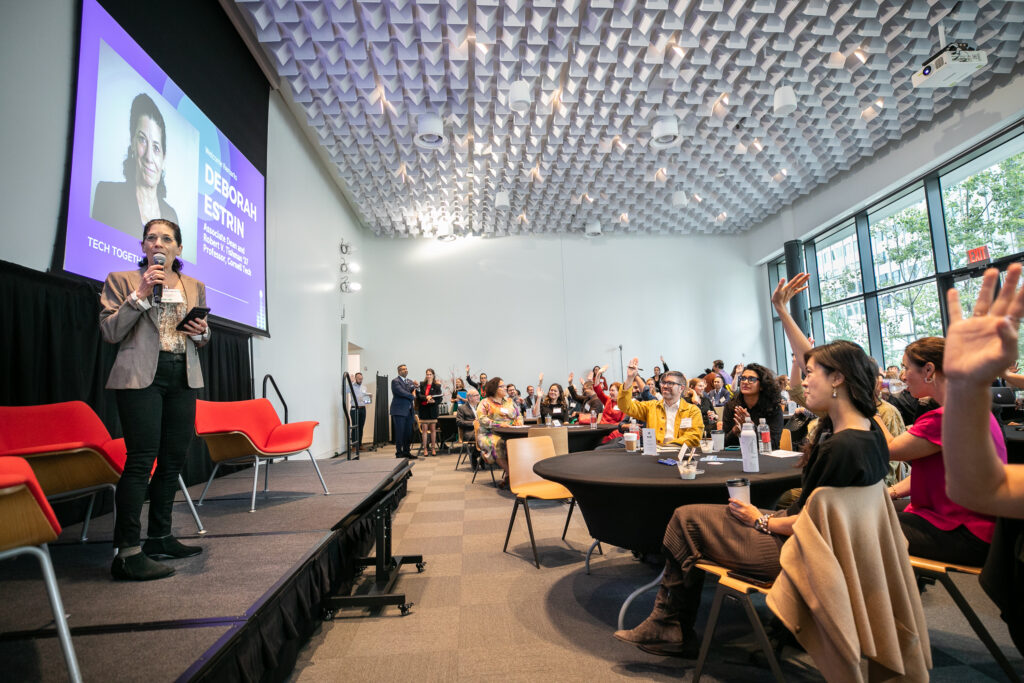
Deborah Estrin, Associate Dean and Robert V. Tishman ’37 Professor at Cornell Tech, opened the day with the assertion that “public interest tech needs to be as broad in scope as tech itself has become” – an imperative that resonates deeply in today’s rapidly evolving landscape.
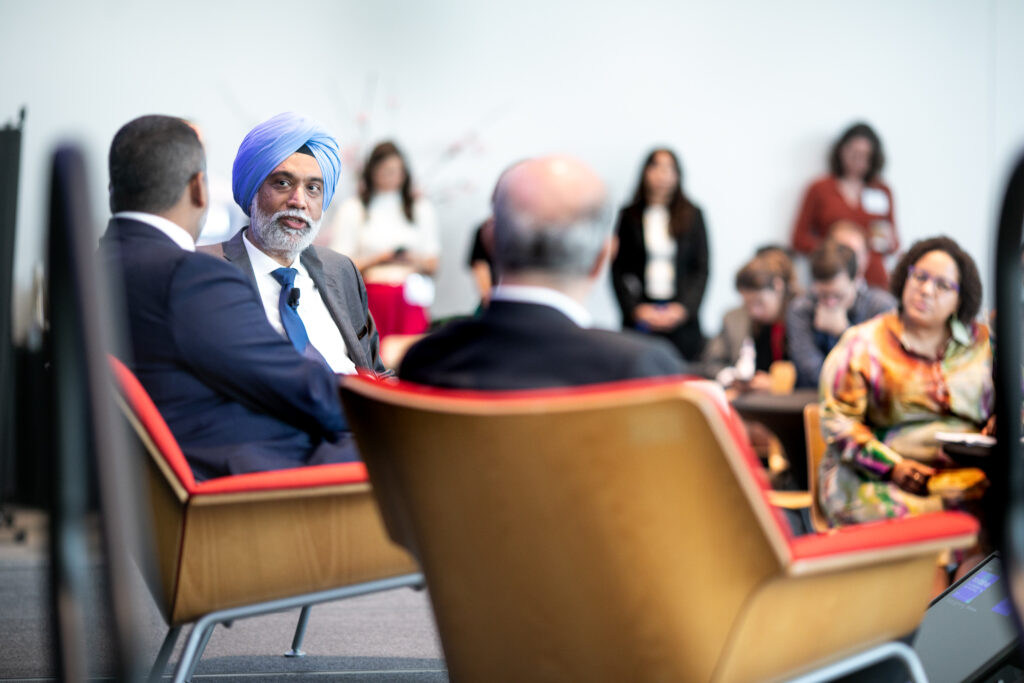
Deborah’s welcome was followed with a fireside discussion between David Siegel, Co-founder of Two Sigma and Chairman of Siegel Family Endowment, and Amandeep Singh Gill, Under-Secretary-General and the United Nations Secretary-General’s Envoy on Technology. Attending the event shortly after the official ratification of the UN Global Digital Compact—the UN’s first set of principles, commitments, and actions aimed at fostering an inclusive digital future—Undersecretary Gill emphasized that making technology work for everyone at scale will require more than just a “few searchlights” lighting the way; it will require the collective illumination of “a million fireflies” to create a complete picture.
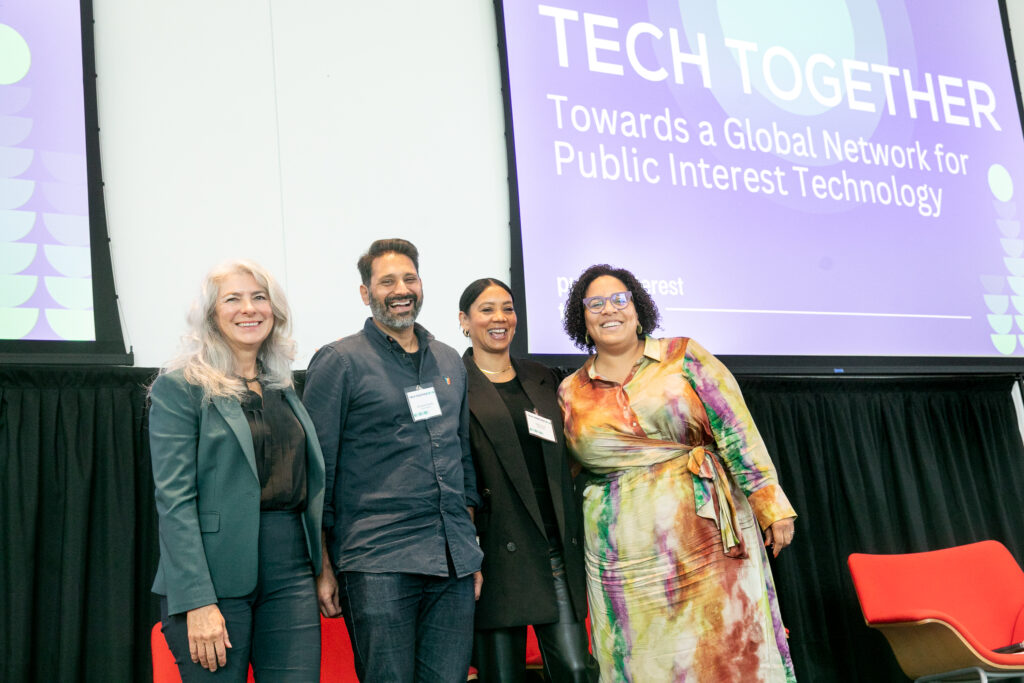
Following the discussion, a cross-sector panel took the stage, featuring Mohamed Nanabhay of Mozilla Ventures, Allison Scott of the Kapor Foundation, and Deirdre Mulligan from UC Berkeley’s School of Information and formerly of the White House Office of Science and Technology Policy, moderated by Katy Knight, President and Executive Director of Siegel Family Endowment. The panel highlighted the cross-sector conversations that need to be had at each investment stage of responsible tech, and how partnerships and collaborations can thrive in each setting.
The day continued with our own version of TED Talks—PIT Talks—where seven field experts took the stage to share thought-provoking insights on the public interest tech (PIT) field, exploring intersections with elections, community, climate, and more. Find their full talks on Siegel’s YouTube channel here.
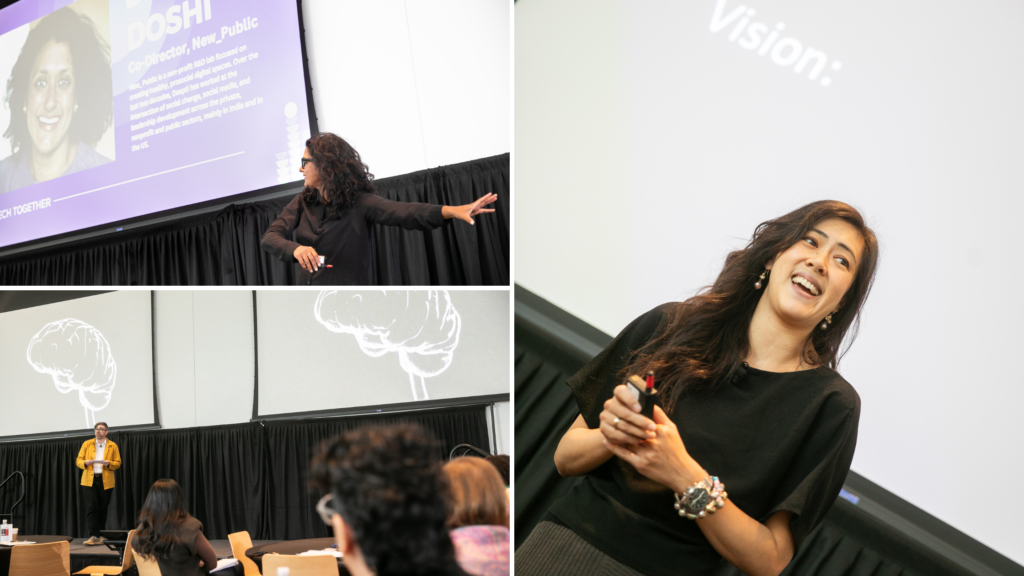
During a brief lunchtime reflection, J. Bob Alotta from the Mozilla Foundation helped the audience unpack emerging themes and questions as participants digested both the insights and their meals.
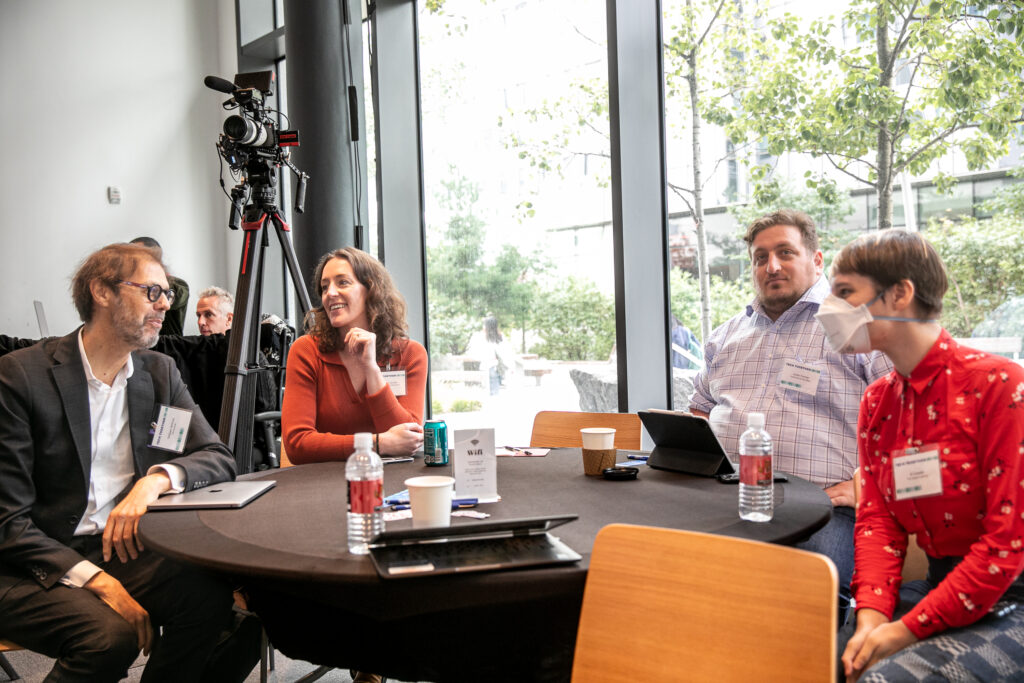
After lunch and a lively networking session, attendees who stayed for the afternoon divided into five workshops, offering a chance to delve deeper into intersections discussed during the PIT Talks. These sessions were led by partners such as Ford Foundation, Kapor Foundation, Aspen Digital, Pivotal, Lucid Capitalism, Ranking Digital Rights, and Siegel Family Endowment.
For our post-event reflections, read on.
A Global Imperative
The call to cultivate a culture of public interest technology is not limited to any one region or community. It is a global imperative, reflecting a universal need for technology to address pressing challenges—whether in education, climate change, health, or social equity. This vision requires collaboration and exchange across borders, and the creation of a more expansive repository of regulatory, product, and framework innovations that might be used to harness technology for the greater good.
As part of this broader reimagining, PIT Talks speaker Eryk Salvaggio challenged us to find new and better metaphors to make sense of the technological landscape. The metaphors we choose to describe technology not only reflect our understanding but also shape our actions. If we view technology solely as a tool for profit, we constrain our potential to leverage it for transformative societal change. Instead, we should embrace metaphors that highlight technology’s role as a facilitator of community, resilience, and public welfare.
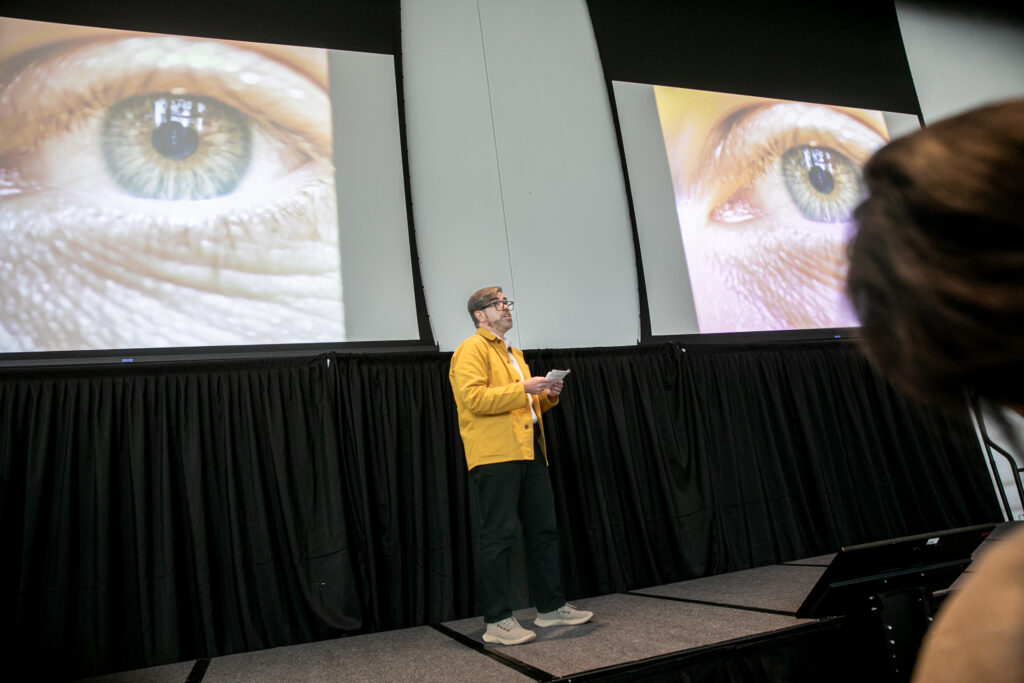
Beyond Charity: The Role of Every Sector
Mohamed Nanabhy reminded us that while we each have different tools in our proverbial toolbox (capital, talent, policy influence, etc.), the true potential lies in how we use them collectively. Every sector has a role to play in this endeavor.
The funding landscape further underscores this need; Shu Dar Yao showed how the financial backing from venture capital for technology solutions outpaces philanthropic contributions by orders of magnitude. And while both sources of funding serve a role, they could be significantly more impactful if they moved in the same direction. By aligning interests across sectors, we can create an ecosystem of funding and expectations that supports innovative, rights-respecting technology.
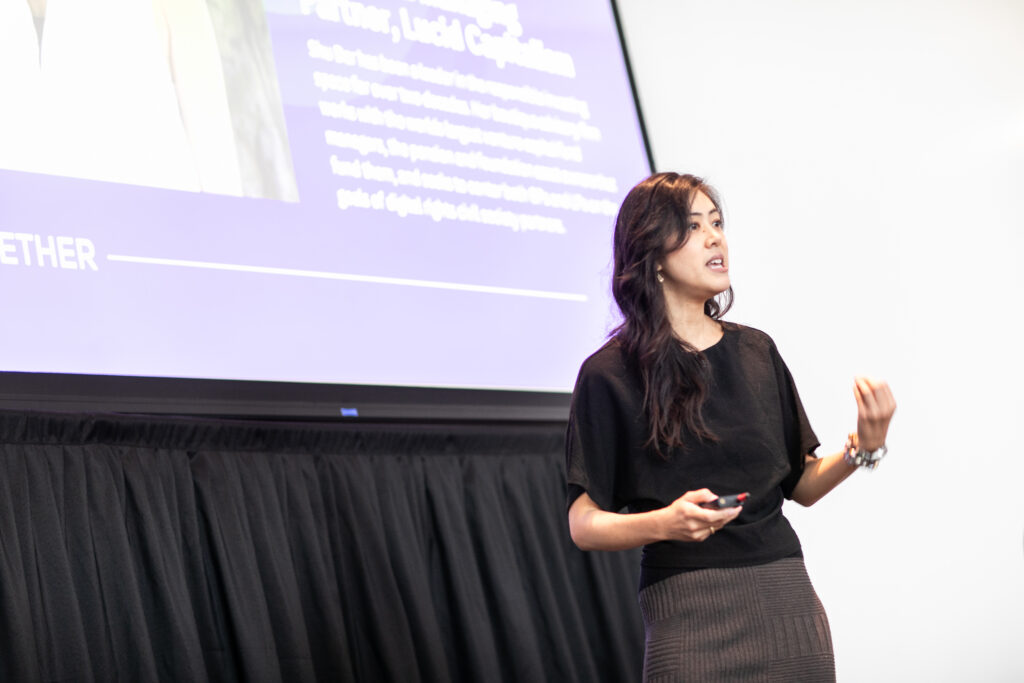
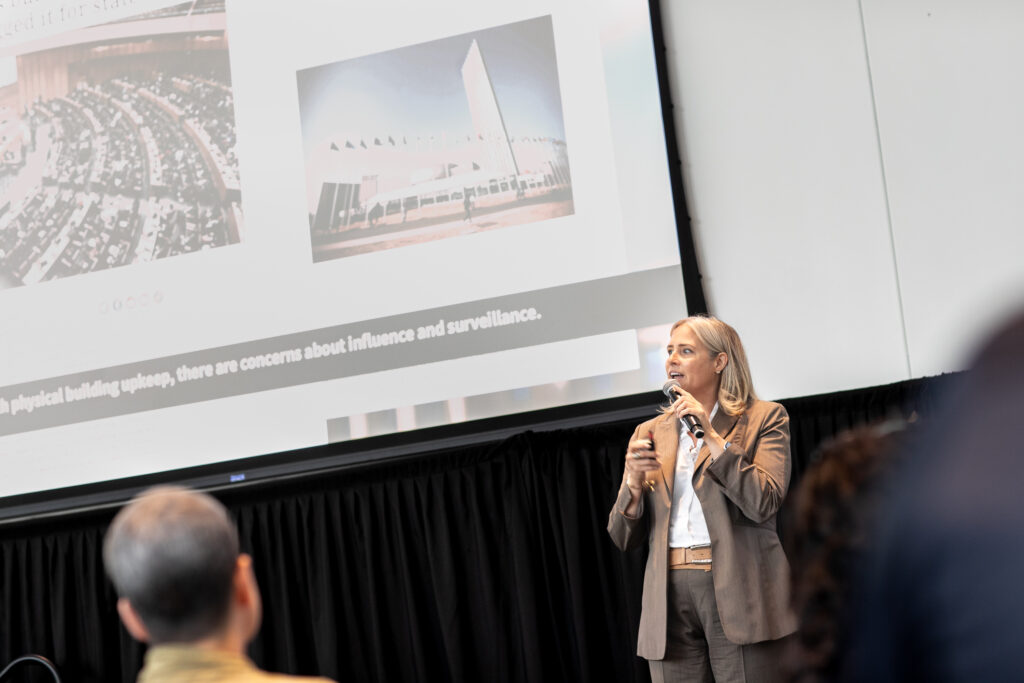
Marci Harris’s insight that “the future of democracy will be carved not just in stone, but in systems and software” encapsulates the essence of this movement. Bridging the gap between technology and governance is essential for modernizing our institutions and fostering a more engaged citizenry. This integration is not a mere technical adjustment; it is a fundamental shift in how we view the relationship between technology and society.
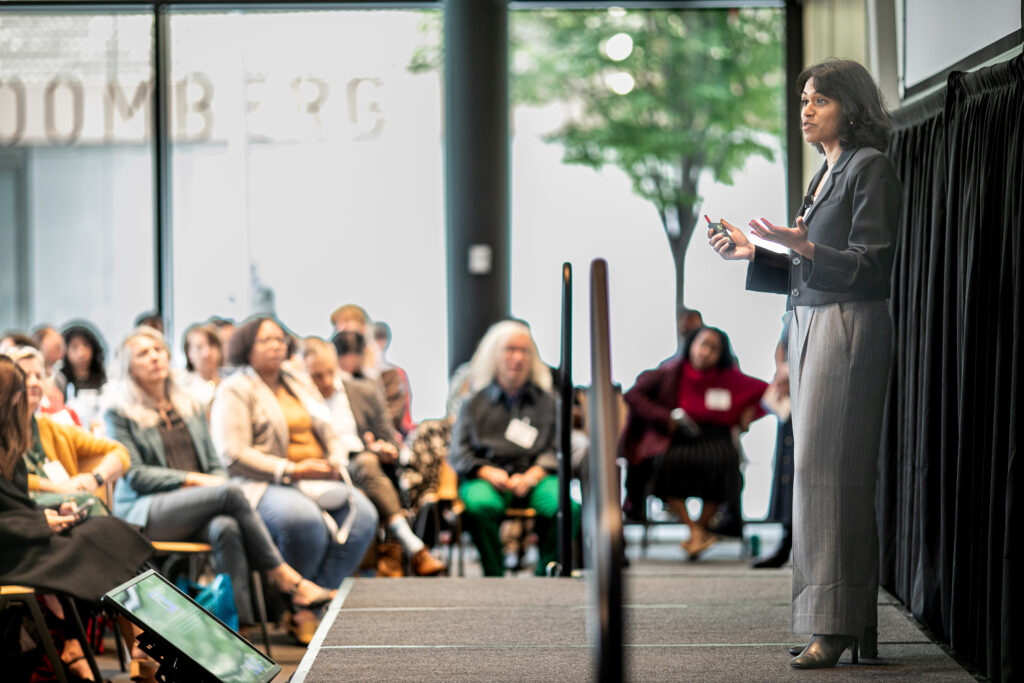
Priya Garg and her colleagues at US Digital Response are working tirelessly to actuate a technology-driven public sector. With a presidential election looming, she shared how they’re providing critical technology and organizational management tools to poll workers – not to influence a partisan outcome, but to ensure the processes that enable the election (such as scheduling and training poll workers, collecting and tallying ballots, etc.) overall goes off without a hitch. As we design systems that are transparent, equitable, and participatory, we empower individuals to take an active role in shaping their communities and governments.
Tech as a Catalyst for Widespread Change
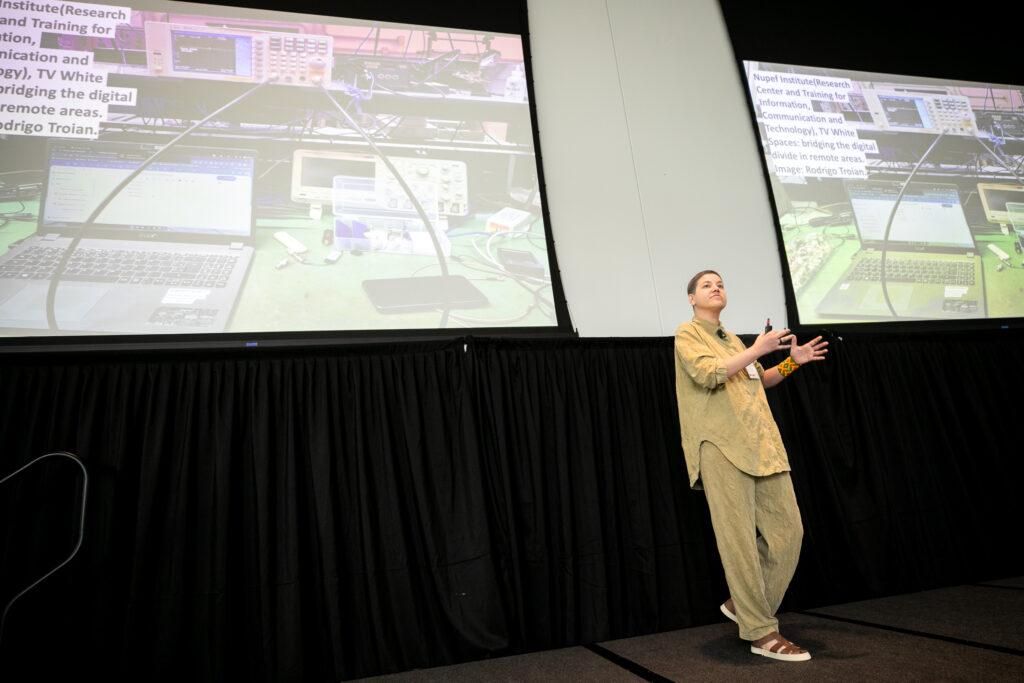
One of the most compelling arguments for Public Interest Technology is its potential to address critical issues across sectors. Technology is not an isolated field; it should be interwoven across all sectors, particularly in tackling urgent global challenges.
For instance, leveraging data analytics and artificial intelligence can lead to more effective climate action strategies, helping us predict environmental shifts and respond proactively.
Lori Regaritti’s vision of community-led technology in Brazil exemplifies how local initiatives can spark significant change. Resilience is not just a concept but a reality that is already unfolding through collective action and innovation. Communities that have historically been the guardians of our environmental ecosystems are best positioned to apply their depth of knowledge in developing and implementing digital technologies that reflect just and rights respecting paradigms. This approach not only fosters hope but also amplifies the voices of those who have often been sidelined in technological conversations.
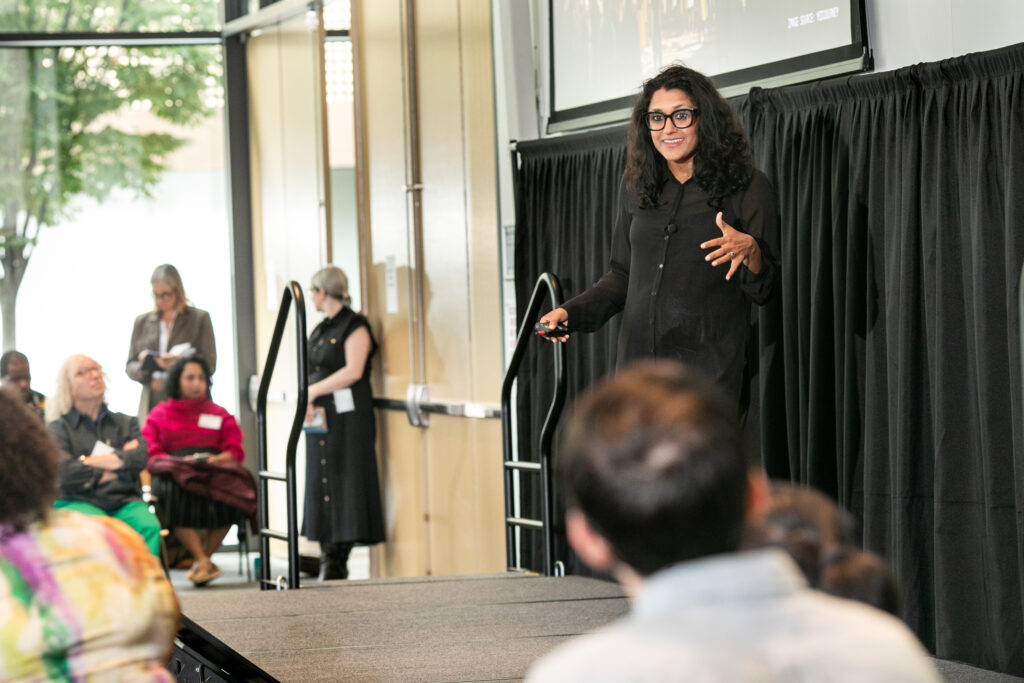
There are countless examples beyond climate. Deepti Doshi laid out a vision for healthy digital public spaces, reimagining social and online media forums as inclusive, pluralistic places that simultaneously mirror and inspire real-world civic action. And Judith Spitz shared how her program at Break Through Tech is democratizing privileged access to AI education and careers. Because who sits in the product rooms determines whose problems are being solved, what products and platforms get made, and even in extreme cases like health care and disease research innovation – who has longer a chance at life.
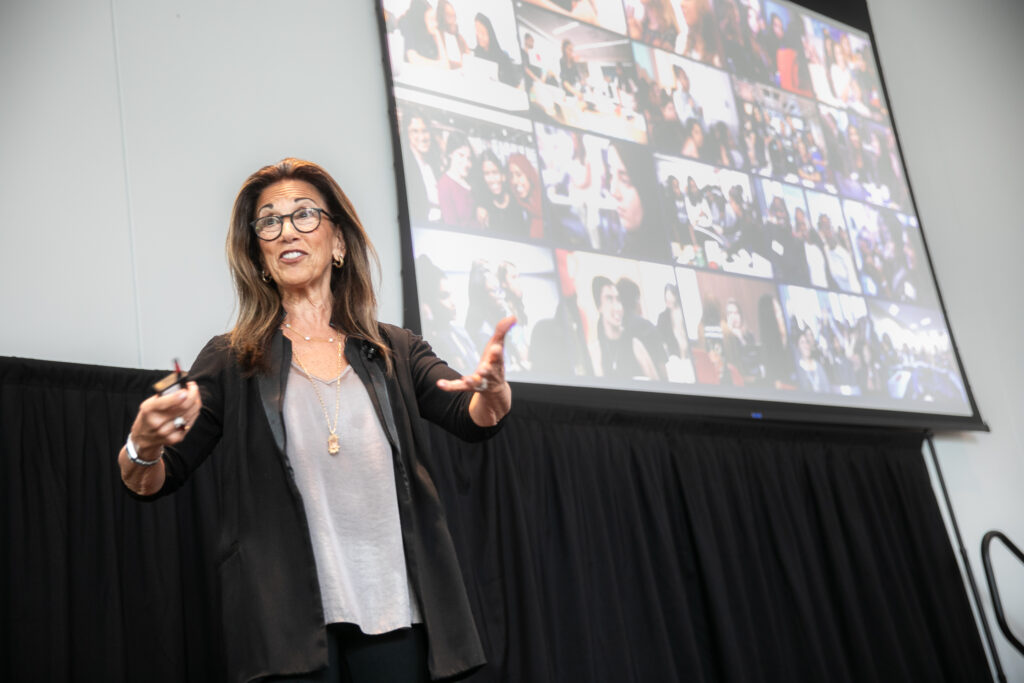
A Collective Responsibility
Building a culture of public interest technology is not the responsibility of a single sector or field; it is a collective endeavor that requires the participation and collaboration of all stakeholders. As we look to the future, it is imperative that we engage in conversations that elevate the role of technology in our lives, recognizing it as a fundamental component of our societal infrastructure.
The time to act is now. By fostering a culture that embraces and demands public interest technology, we can not only modernize our institutions but also build a more informed and engaged citizenry. Let us work together to harness the transformative power of technology, ensuring it serves as a force for good in our communities and beyond. The path ahead is bright, and the opportunity to create meaningful change is within our grasp.
Links to more:
- Find photos from Tech Together here
- Find videos from Tech Together here
- Learn more about the Public Interest Tech Fund
- Read on – Katy Knight on “A Public Interest Agenda for the Technological Gilded Age”
- Read on – see Arabella Advisor CEO Himesh Bhise’s reflection on the day





